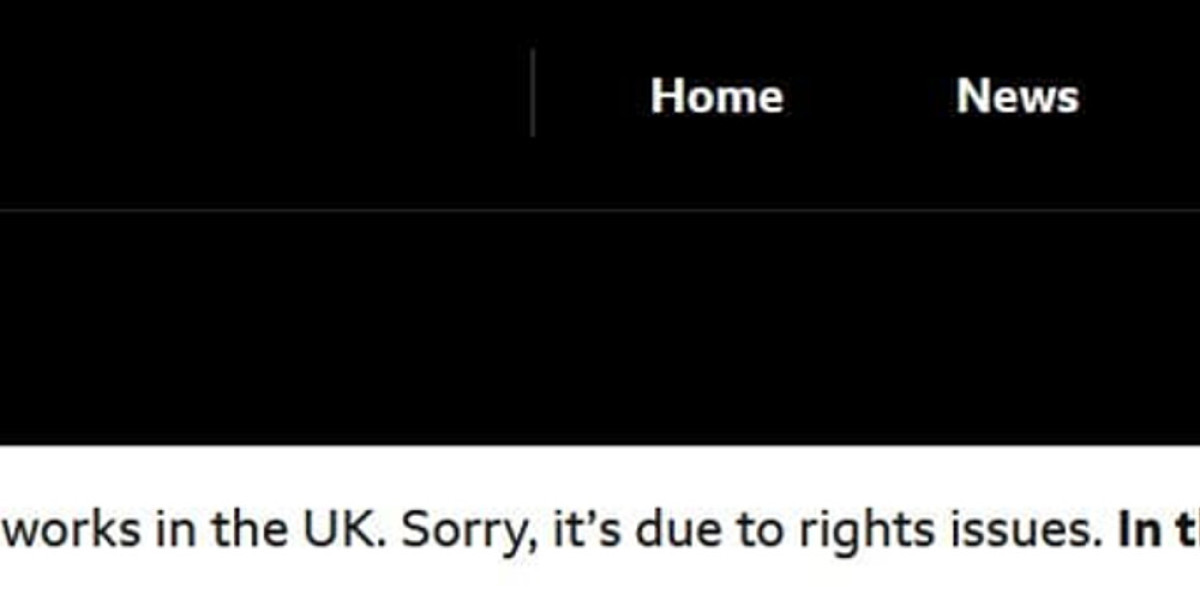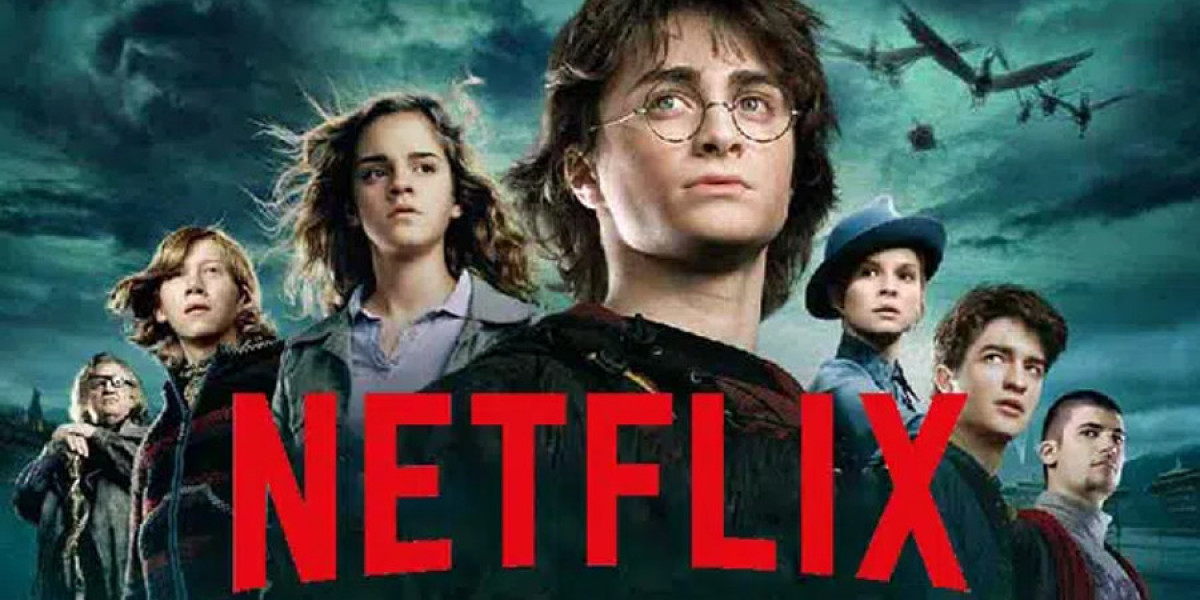In the age of viral fame and digital spectacle, platforms like Instagram, TikTok, and OnlyFans have birthed a new kind of celebrity: the social media influencer. These individuals blur the lines between entertainment, marketing, and personal branding. But what happens when influencers push boundaries to the extreme? Enter InfluencersGoneWild—a controversial and highly debated online trend and platform that has both captivated and alarmed audiences worldwide. https://influencersgonewildco.com/
What Is InfluencersGoneWild?
InfluencersGoneWild refers broadly to both a website and a social media phenomenon showcasing explicit, scandalous, or provocative content involving online influencers. It draws inspiration from the early-2000s adult content brand “Girls Gone Wild,” but with a modern twist: these are not anonymous party-goers—these are well-known internet personalities, often with millions of followers.
The site (and similar fan-run pages) typically feature leaked or voluntarily submitted NSFW (Not Safe For Work) photos and videos of influencers. Some content comes from paid subscription platforms like OnlyFans or Patreon, while other material may be taken without consent. As such, the term InfluencersGoneWild has become synonymous with the darker side of influencer culture, raising questions about consent, digital privacy, and online exploitation.
The Allure of “Gone Wild” Content
At its core, InfluencersGoneWild taps into a very human curiosity: the desire to see behind the curtain. When someone builds a carefully curated, polished image on Instagram or YouTube, fans often wonder what they’re like when the camera is off, or when they let loose.
This curiosity drives massive traffic to these platforms. People want to see the "real" person behind the influencer façade. Whether it’s for thrill, voyeurism, or drama, there’s no doubt the demand is high. But this popularity also creates moral and ethical dilemmas.
Consent, Exploitation, and Legal Issues
One of the biggest controversies surrounding InfluencersGoneWild is the issue of consent. Many influencers featured on such platforms claim their content was reposted or leaked without permission. In such cases, this isn't just an invasion of privacy—it may be a violation of copyright, intellectual property, or even revenge porn laws.
Even if the influencer willingly created the content (say, on OnlyFans), they may not have for it to be reposted or shared elsewhere. Redistribution without consent can result in lawsuits, DMCA takedown requests, and criminal investigations in certain jurisdictions.
The legality becomes even murkier when it involves underage influencers, deepfakes, or stolen identities. In those cases, platforms hosting such content risk criminal liability for hosting or distributing illicit material.
Influencer Culture and the Monetization of Intimacy
The rise of InfluencersGoneWild is tied closely to the evolution of how influencers monetize themselves. With platforms like OnlyFans, Fanvue, or Fansly, many creators have turned to adult content as a legitimate and lucrative income stream. This shift has normalized the idea that an influencer's body, sexuality, and private life can be commodified.
While this offers financial empowerment to many, it also blurs the boundaries between personal expression and exploitation. When explicit content becomes a tool for engagement and revenue, it attracts both enthusiastic fans and opportunistic content pirates.
As a result, InfluencersGoneWild often walks a fine line between admiration and objectification, celebration and scandal.
The Role of Social Media Algorithms
Another key factor fueling platforms like InfluencersGoneWild is the role of algorithms on platforms like TikTok and Instagram. These algorithms often reward provocative or emotionally charged content. The more shocking, eye-catching, or controversial a post is, the more likely it is to go viral.
This creates an environment where influencers are almost incentivized to post riskier content to stay relevant. Some influencers strategically release suggestive or borderline NSFW content to maintain engagement, which can then be picked up by these platforms and circulated far beyond the creator's original intent.
The Psychology of Public Fascination
Why are people so obsessed with influencer scandals or leaked content? It’s a mix of psychology, culture, and internet dynamics:
Parasocial relationships: Fans feel emotionally connected to influencers, even though the relationship is one-sided. Seeing private content feels like crossing a forbidden boundary—an intimate thrill.
Schadenfreude: Some viewers enjoy seeing influencers, who often appear rich and flawless, in embarrassing or compromising situations.
Celebrity culture: Just like with traditional celebrities, there's a constant hunger for gossip, scandal, and drama in the influencer world.
Responses from the Influencer Community
Reactions to Influencers Gone Wild vary widely within the influencer community. Some influencers ignore it, believing that engaging only brings more attention. Others speak out, issue legal threats, or take their proactive measures—like watermarking content or using encryption to prevent leaks.
A few influencers have even leaned into the hype, leveraging the buzz to grow their audience or increase paid subscribers. While this might seem like a clever marketing tactic, it can further normalize the non-consensual sharing of adult content.
Should the Internet Be Better Regulated?
As InfluencersGoneWild and similar platforms continue to grow, many are calling for stronger digital regulations to protect online creators. Some proposed solutions include:
Stronger copyright enforcement tools
Mandatory watermarking of adult content
AI-based detection systems for leaked content
Stricter age verification and consent checks
Public education on digital ethics and privacy
While laws are slowly catching up, many feel that tech companies and social platforms still aren't doing enough to curb the unauthorized spread of explicit influencer content.
Final Thoughts: A Culture in Flux
InfluencersGoneWild is more than just a website—it’s a mirror to the current state of digital culture. It exposes the blurred lines between personal and public life, between empowerment and exploitation, and between fame and vulnerability.
As influencer culture continues to evolve, society must ask itself: where do we draw the line between curiosity and violation? And how can we build a digital world that protects creators without censoring them?
The future of platforms like InfluencersGoneWild will depend not just on clicks and traffic, but on how seriously we take the ethics of content sharing in the internet age.







